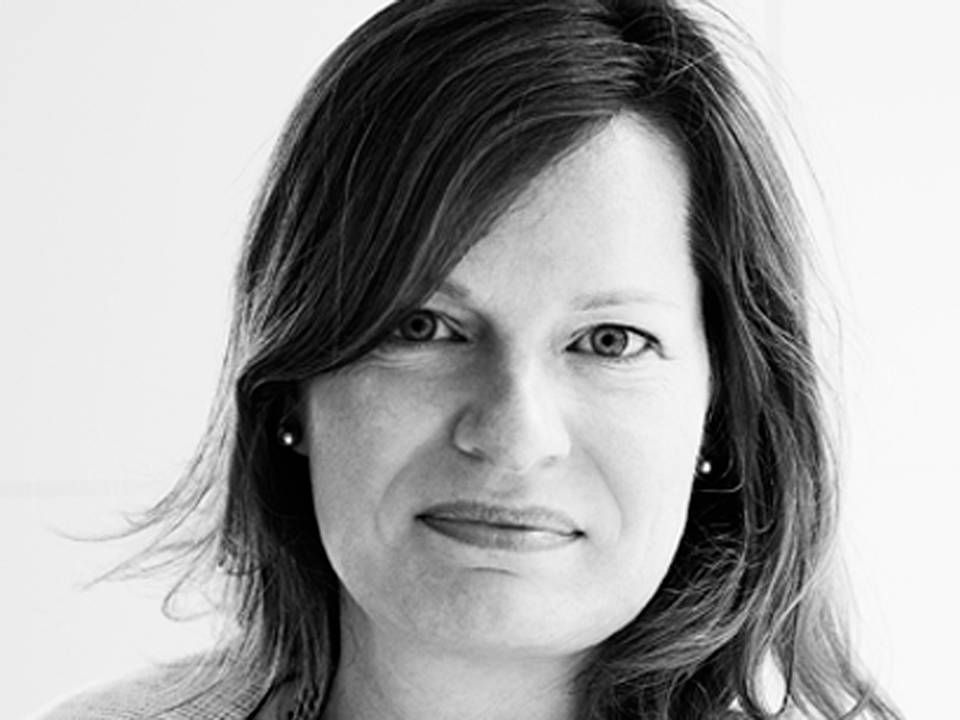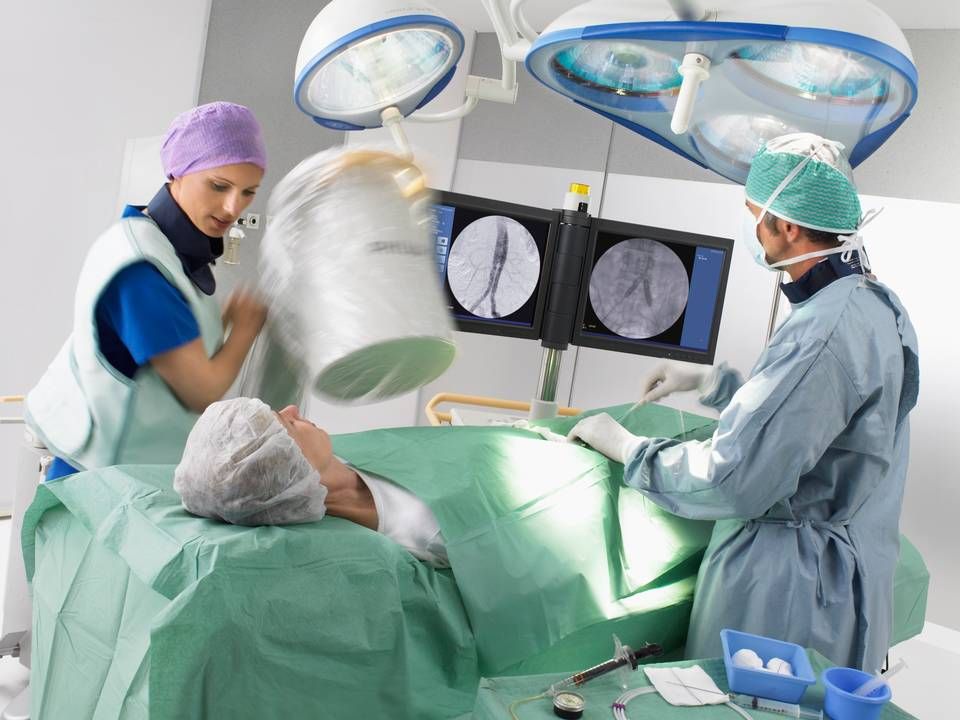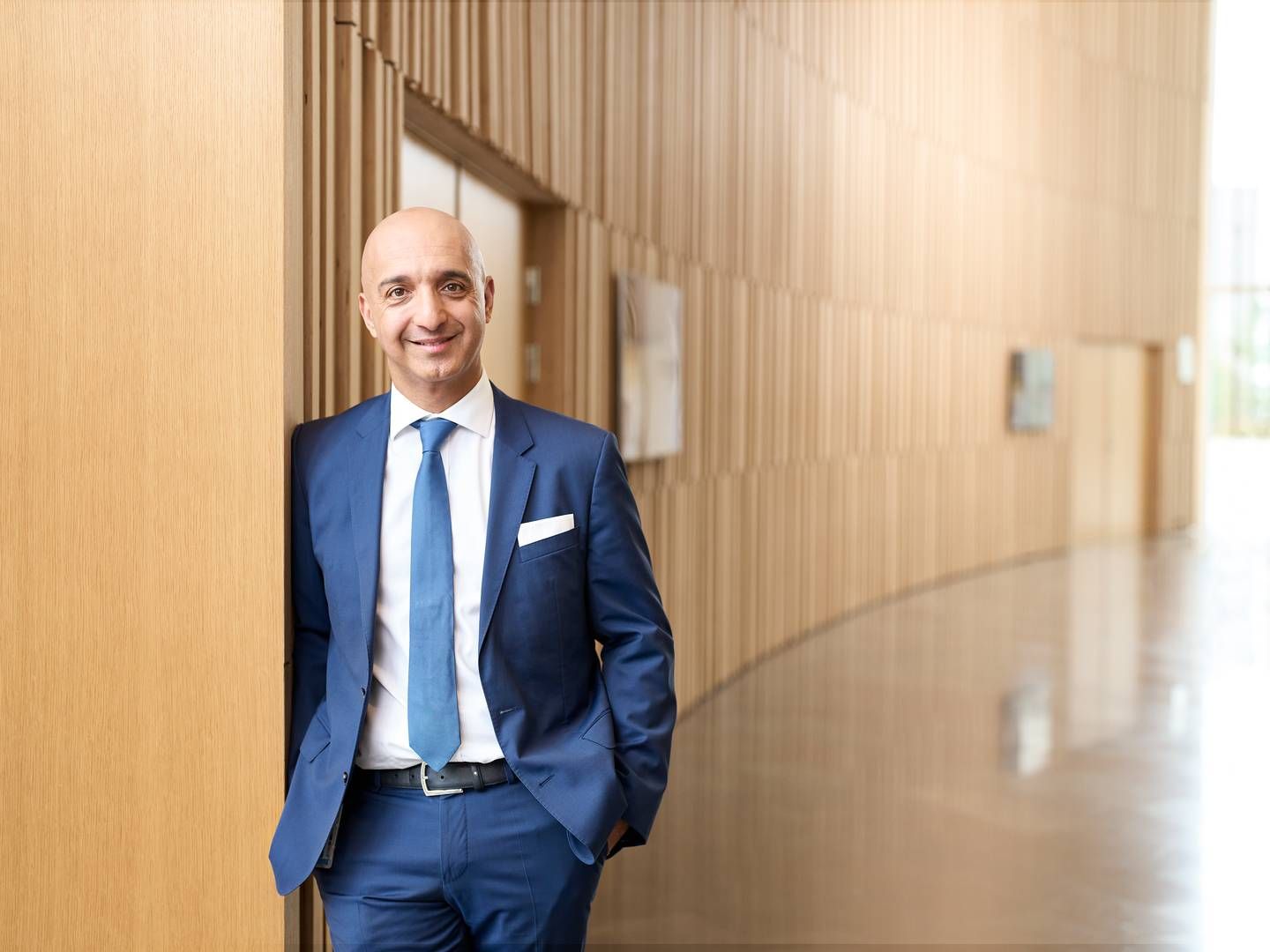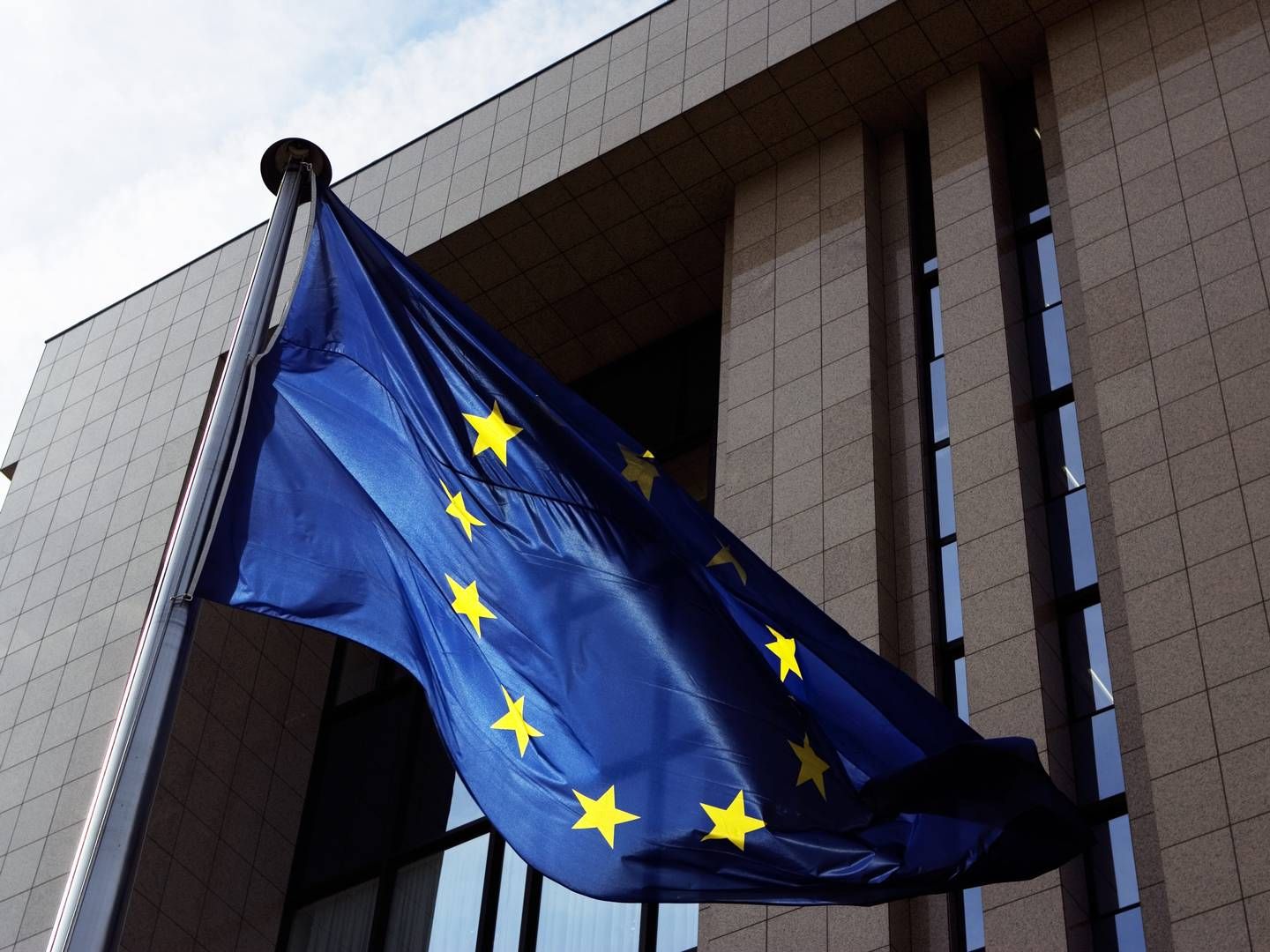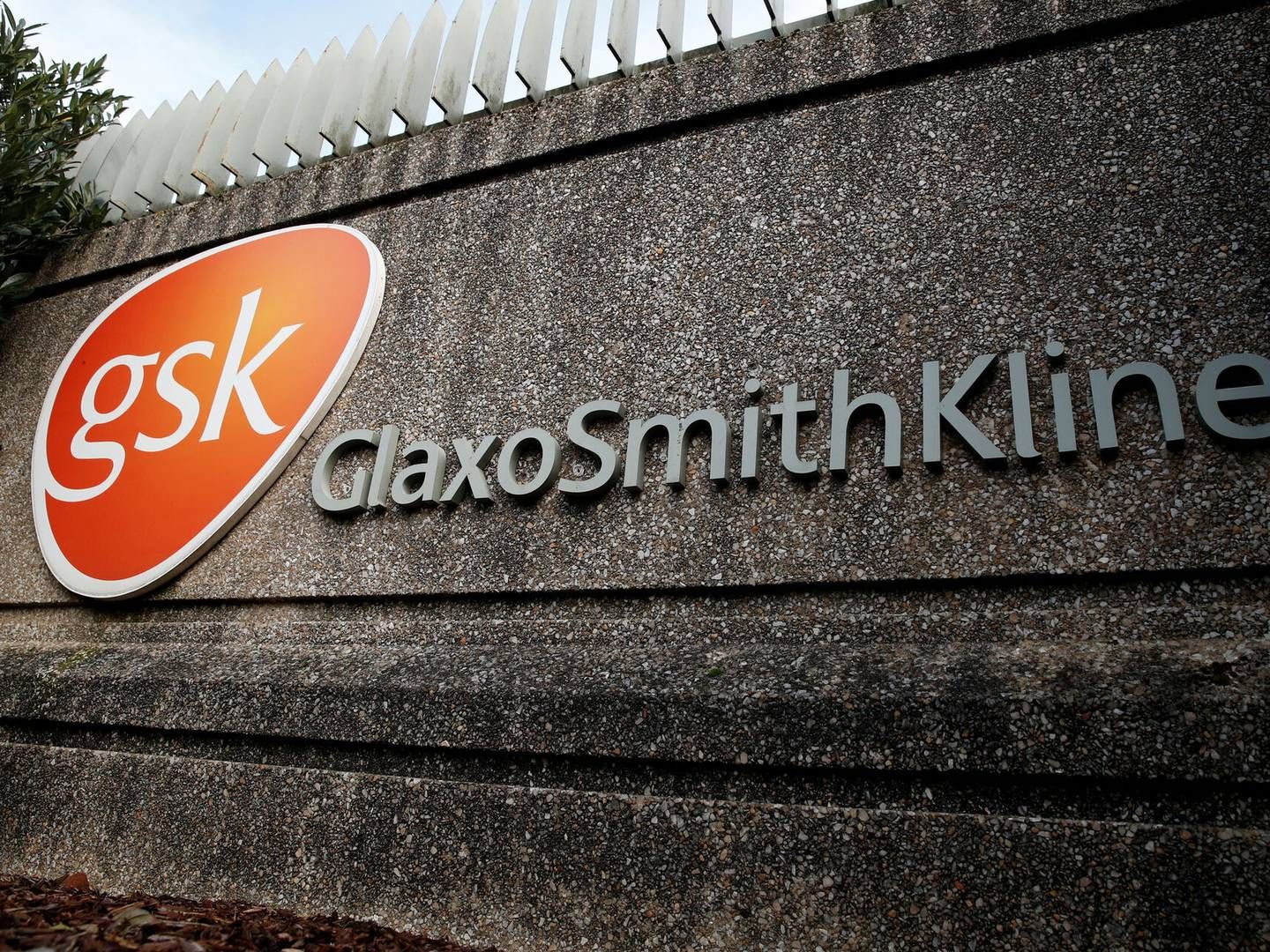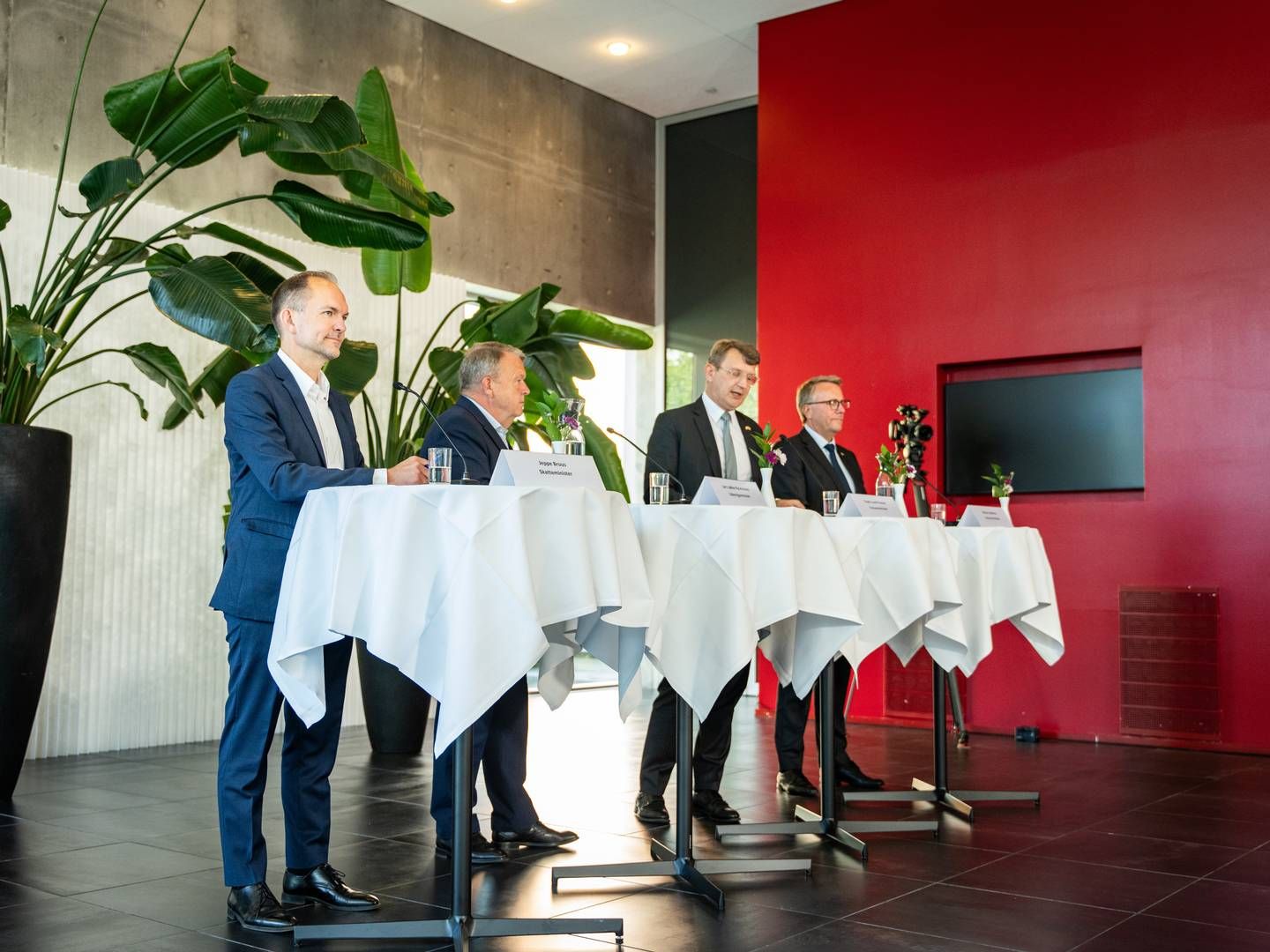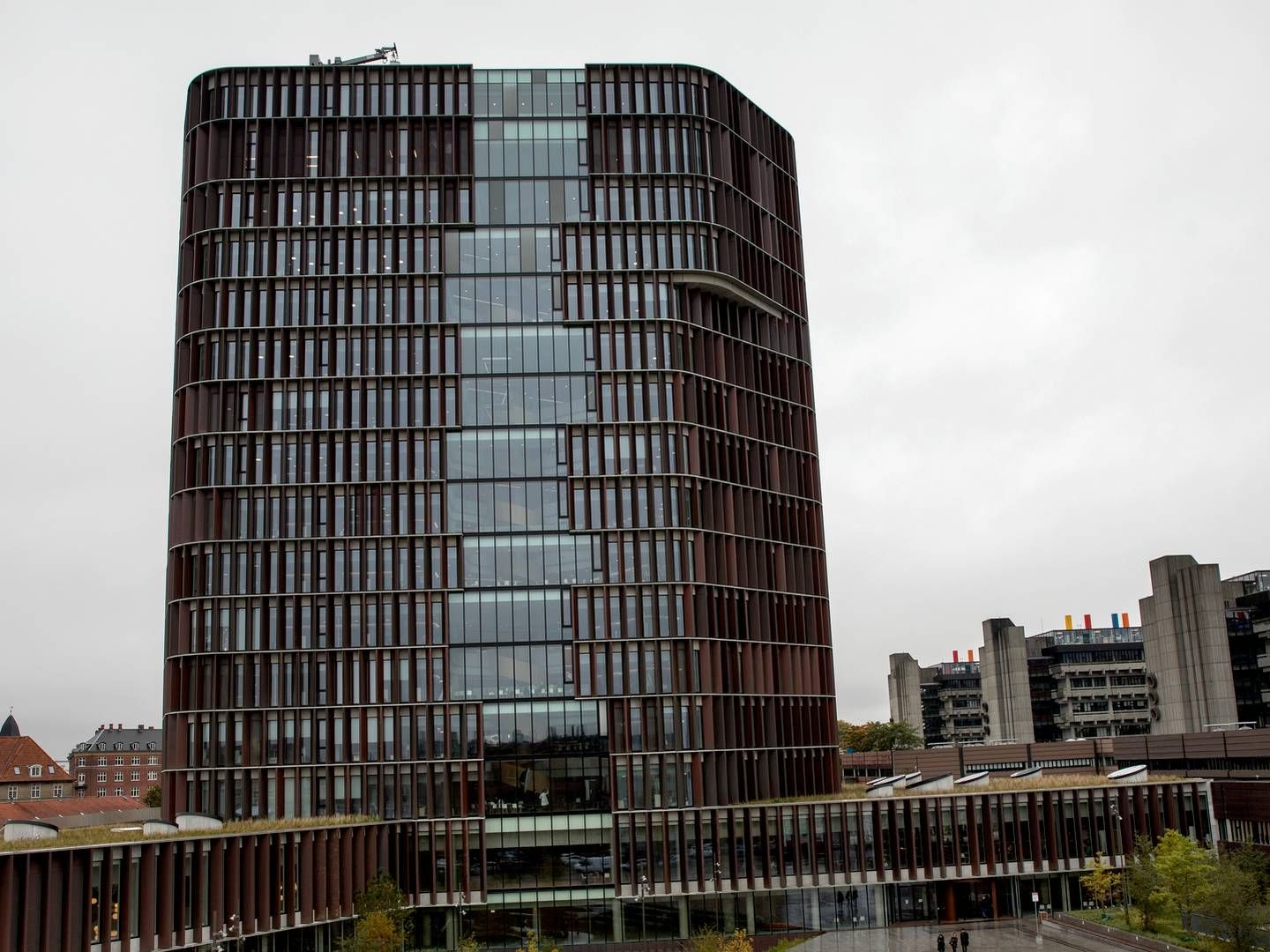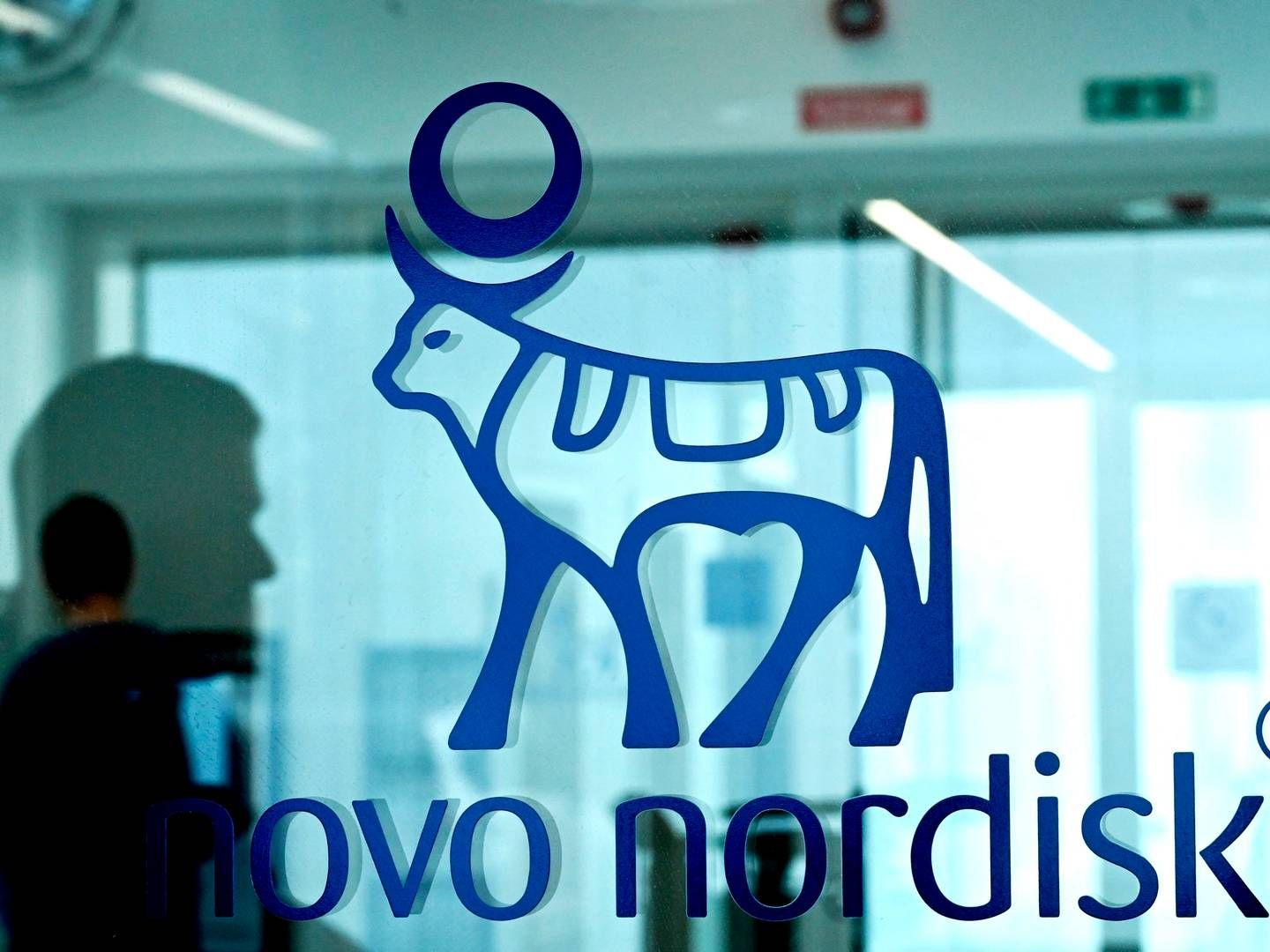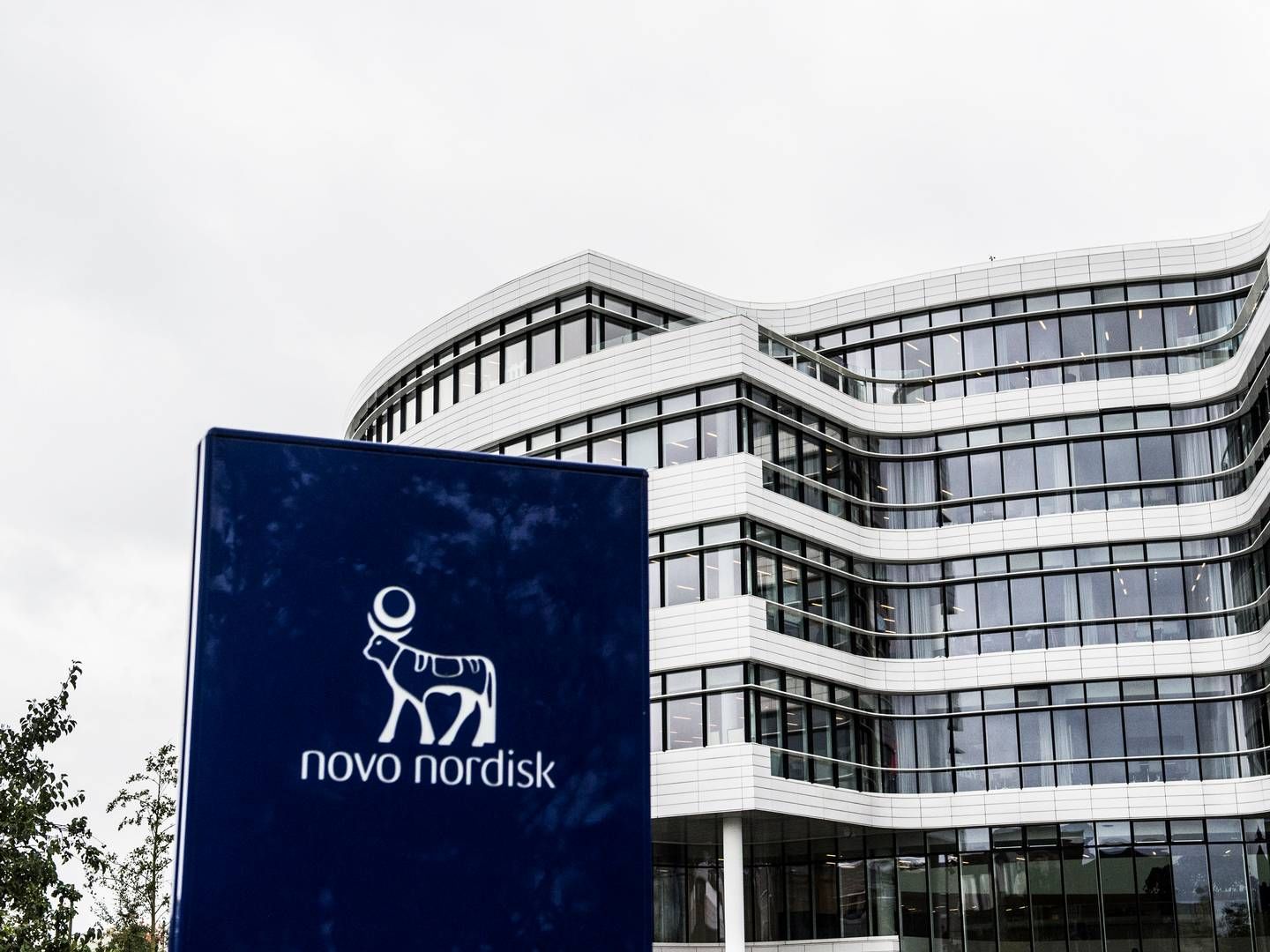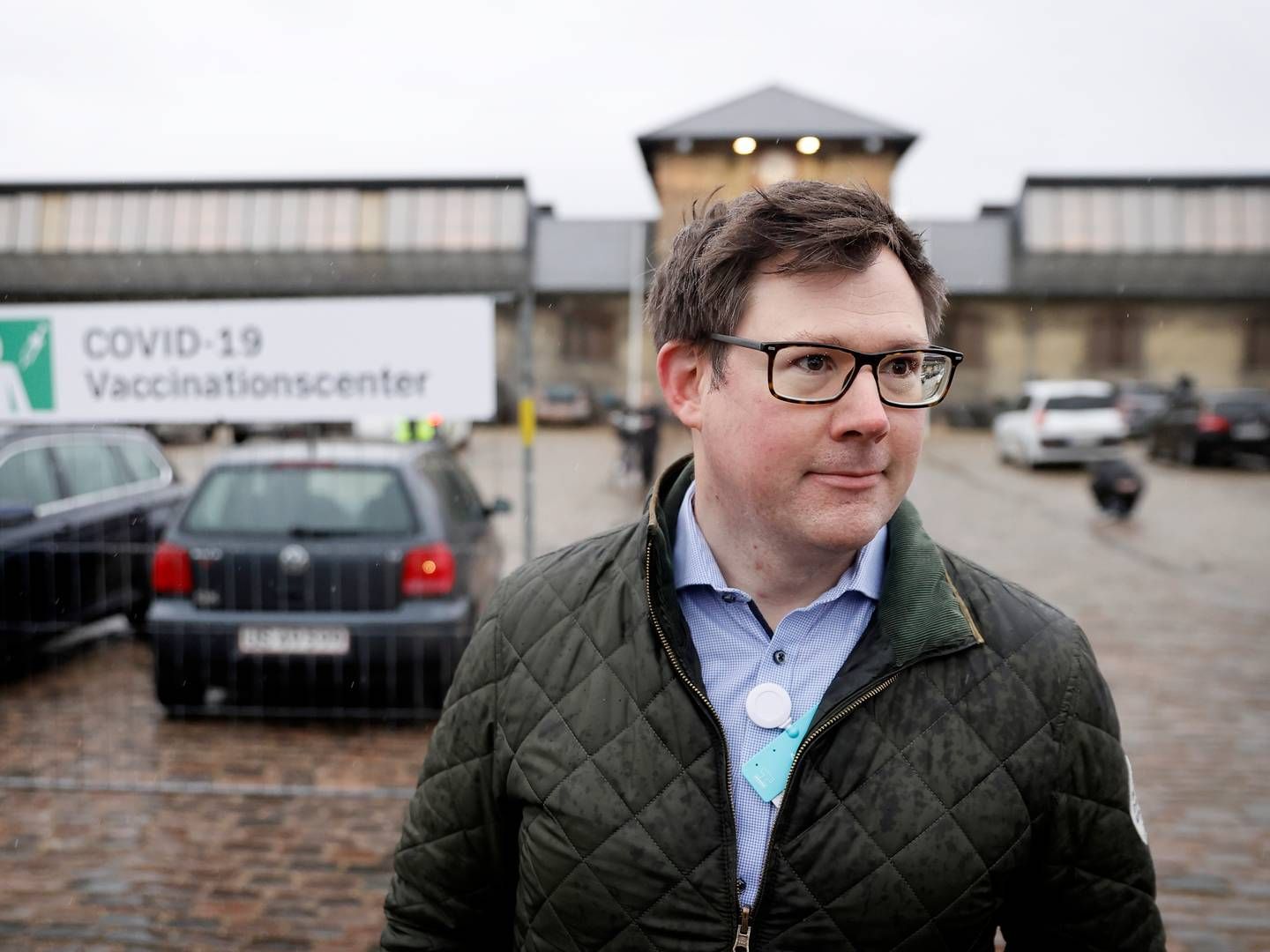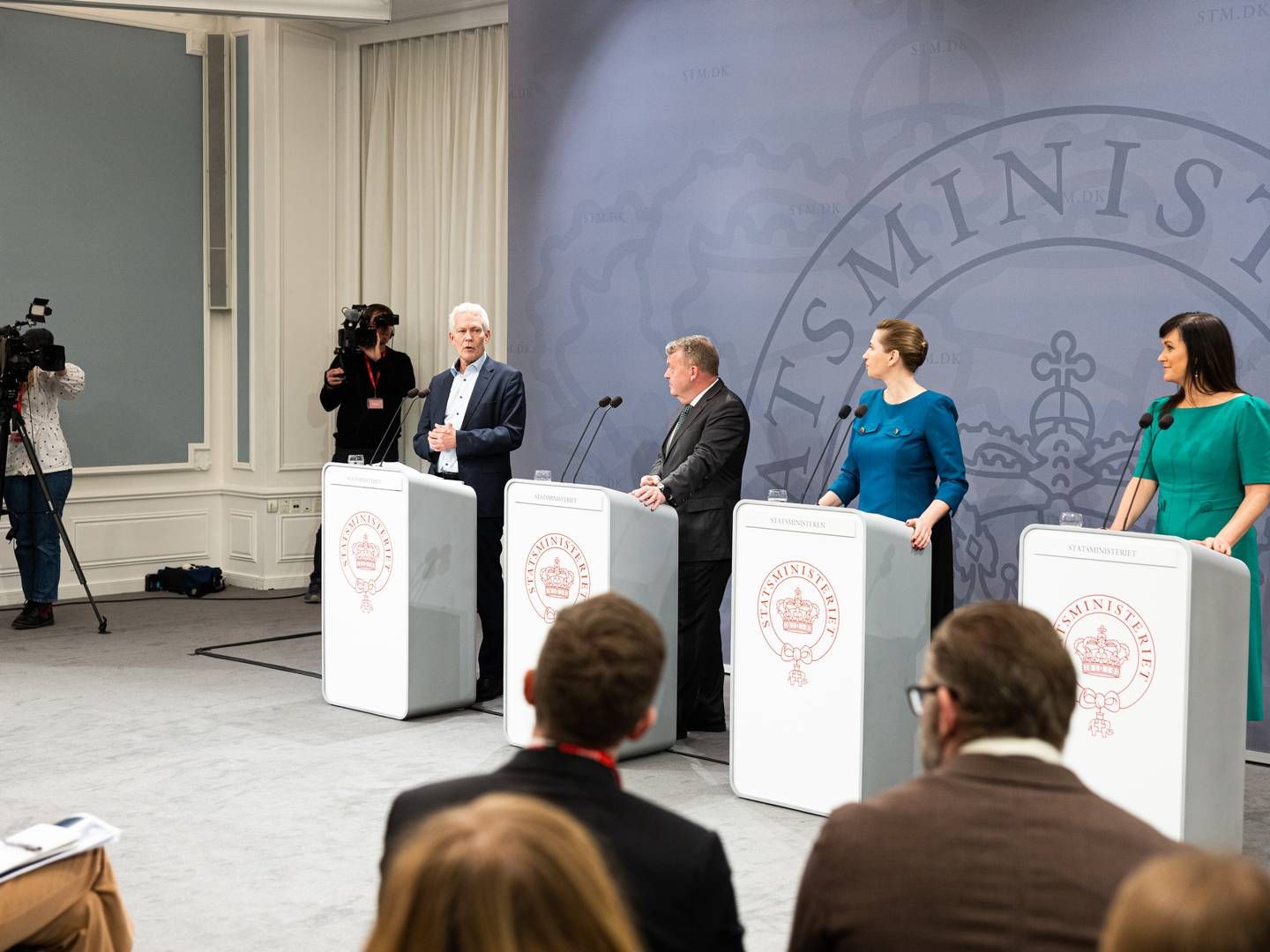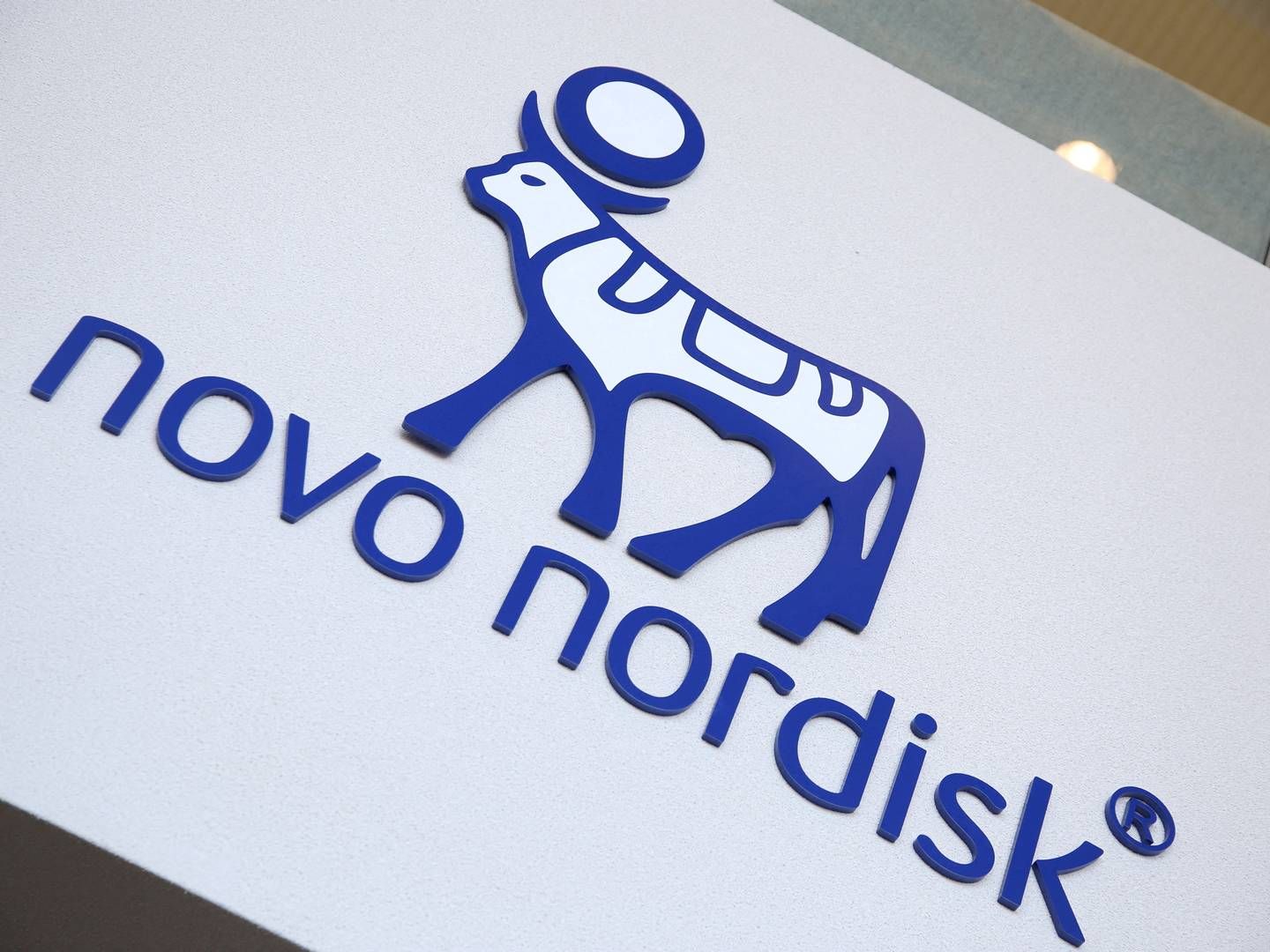Philips boss: Pay us based on the results we deliver
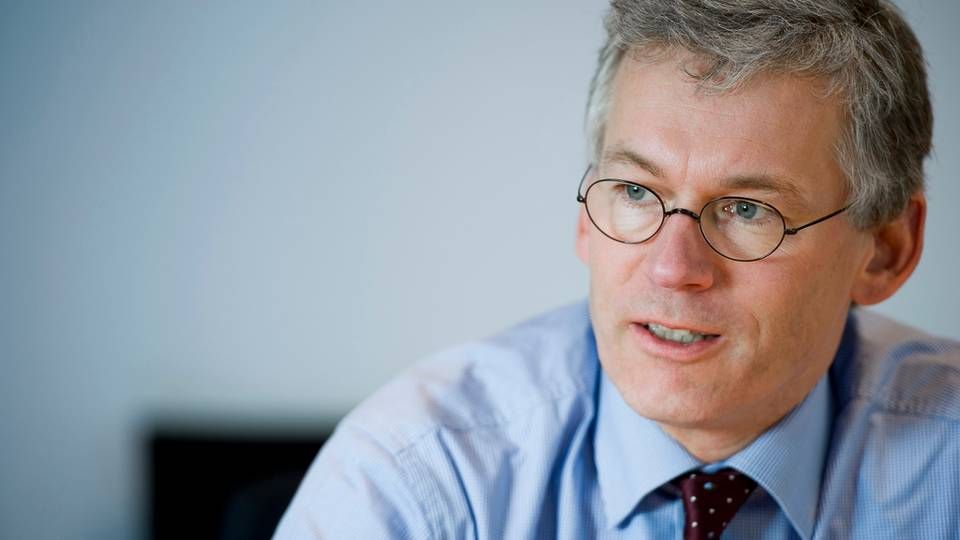
Medical equipment sold as a product in a box is a thing of the past. In order to survive among the most knowledgeable and combative competitors, and reach out to the world’s health authorities, an extra effort is required.
So says Frans van Houten, CEO in technology giant Philips, which had a turnover of about DKK 185bn (USD 33.7bn) in 2012.
“Many companies in the world still just sell a box and then they leave the client behind. There is much more benefit to be gained from looking at the relationship that is ongoing and long term, where our customers judge us on the value we deliver over a period of time rather than just taking the box,” he says as Medwatch meets Frans van Houten at the Hospital+Innovation conference in the Danish city Odense.
Costly super hospitals
He is one of a number of top executives who have opened their eyes to the ongoing construction of new super hospitals in Denmark, and Philips has invested a lot in securing orders from this process.
The Dutch tech group has already signed several long term partnerships with Danish regions – for example the Region of Southern Denmark, where the two parties have signed a letter of intent to collaborate on the development of innovative solutions for the new hospitals, as the Danish health care system undergoes an extensive transformation over the next 10 to 15 years.
And in August, Philips inaugurated a new delivery room concept at Hillerød Hospital, which was the result of a public-private innovation collaboration. The results will be a part of the project to build the new super hospital, Nyt Hospital Nordsjælland, expected to be completed in 2020.
The deal shows how Philips aims to capture orders in the construction of the new Danish hospitals, but also how the group aims to dominate the global market: Philips is looking for long term arrangements, focusing on more than simply coming up with a solution to a single isolated problem or selling a few scanners here and there.
More profit in long term contracts
Isn’t it also more valuable for Philips to have a long term relationship because of the security of a contract?
“Yes, it is certainly better for our own future. But it is not just a value equation. Much of the innovation in health care is about knowledge. Knowledge is not easily captured in a box. It is how you co-create a solution together with the hospital that makes it a more efficacious health care system. If we where only shipping boxes, that knowledge would not come across,” Frans van Houten explains.
And that message is mirrored elsewhere in the health care industry. The CEO of drug company Novartis, Joe Jimenez, has previously said that pharmaceutical groups should focuse on patient outcomes, rather than just on selling pills. And within the Danish industries for rehab and lab equipment ‘total solutions’ and ‘complete solutions’ have become the new buzzwords.
No volume push
Is this the future for medtech companies?
“I believe so. I think that society will not accept that we just continue to push volume. Medtech companies need to take accountability in the overall outcome of the health care delivery and Philips is at the forefront, “ he argues.
And the payment system should also be more focused on results, rather than products, as it is most places at the moment.
The super hospitals could be a jumping-off point to establishing some of those agreements, according to Philips. Such a system is needed in order to feed innovation, and the Danish health care system needs innovation at the moment, says the CEO. Denmark will be short on doctors, hospital beds and nurses, when demographic changes truly begin to take effect, and the veritable boom in elderly people will need hospital care.
“And it has to be affordable. I definitely think it is possible if we join forces. I see a very inspiring approach in Denmark, where health care professionals, decision-makers, and companies are all willing to share know how, add it up, learn from it, and create a new future for health care service that works in Denmark.”
Judged by the success of innovation
But Philips’ CEO is not pushing the idea of long term result-based agreements simply for the sake of his bright, Dutch eyes.
“What is in it for us? Of course we are in the know how business, in the equipment business, we do services, we hope to partner, and we look for long term relationships. We think that in long term relationship where we are also a risk sharing partner, we participate in the outcomes and are being judged by the success of the innovation,” Frans van Houten says.
Don’t the authorities want to reject some of the solutions, because they have to prioritise the means?
“And they should. If they are too expensive, they shouldn’t take them, but I think the experimentation is not the same as a roll-out. Experimentation is all about learning, sharing and getting insights, so when you invest, you invest in something that works.”
‘Silo’-thinking on the vane
Frans van Houten believes that health care systems all over the world is still characterized by’silo’-thinking, where people attempt to optimize one area, but do not have an eye on costs and associated effects elsewhere in society. A more holistic way of thinking is still in short supply, in the Danish society as well, says the executive.
“But I do see a mind shift. Last year we had a great session with the minister of health and the regional heads with the realization that it is something that has to change. I think you are right in the observation that historically the healthcare profession has treated this in a very siloed manner, but I think that what is exiting is that the realization is changing the system, and is now much more pervasive, and will be applied to investments going forward in the new hospitals.”
- translated by Martin Havtorn Petersen
Want to receive the latest news from Medwatch straight in your e-mail inbox? Sign up for our free english newsletter below.
Relaterede artikler
Philips Healthcare in Scandinavian expansion
For abonnenter
Medtech salvages Philips’ bottom line
For abonnenter

